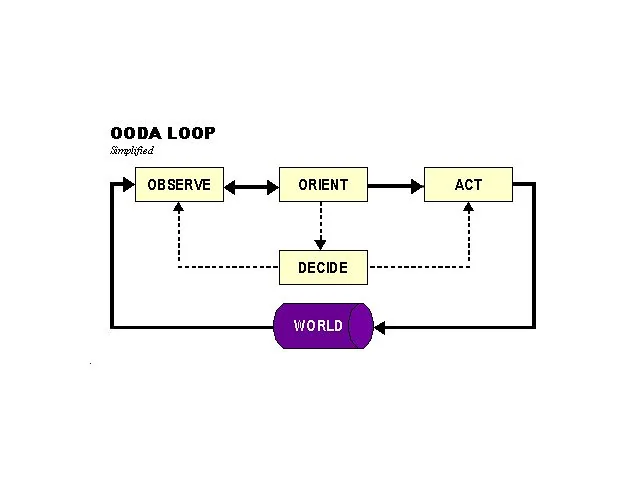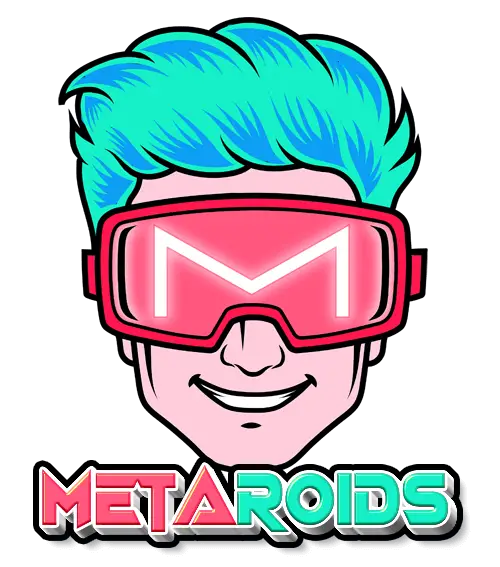As the CEO of Recursive, a company on the cutting edge of AI tech and sustainability, Tiago Ramalho knows firsthand the importance of staying up-to-date on the latest tech trends. Only this time, it’s not just about staying current – it’s about staying ahead of the game in a time of rapid technological disruption.
It doesn’t matter if you’re a blue-collar, white-collar, or even a pink-collar worker, AI is coming after your livelihood like a robotic vacuum cleaner on a mission to clean up the job market, eventually.
According to the World Economic Forum’s “The Future of Jobs Report 2020,” AI is expected to replace 85 million jobs worldwide by 2025. And computer scientist and CEO of Sinovation Ventures, Kai-Fu Lee, predicts that 50% of all jobs will be automated by AI within 15 years. That’s a lot of disruption, and it’s coming fast.
“Accountants, factory workers, truckers, paralegals, and radiologists – just to name a few – will be confronted by a disruption akin to that faced by farmers during the Industrial Revolution,” Lee writes. And don’t even get me started with the creatives, who are already panicking as I write this article.
So how do you survive in this rapidly changing landscape? According to Ramalho, simply learning won’t cut it. You need to be strategic. As a former Research Engineering Manager at Google DeepMind, he has firsthand experience with the challenges of staying on top of new developments in the tech world.
This article will convey his tips for staying ahead of the curve.
Use Your Time Efficiently
Ramalho advises treating your time like a venture portfolio: instead of making a huge investment in learning one thing you think is most promising, spend a little time getting the big picture of most new developments, especially in AI (ML, NLP, etc.). Venture capital investors don’t always know which companies will make it, but most of them still come out profitable through diversification, a strategy anyone can emulate.
VCs invest a small amount in a large number of promising startups and see which ones pan out later. Do with your time what VCs do with their money. Make a mind map of how everything you’re learning relates to each other, and to the things you want to achieve.
In today’s fast-paced world, it’s important to make the most of every moment. As musician Frank Zappa once said, “so many books, so little time.” But it’s not just about putting in the hours – it’s about using your time wisely and efficiently.
If you spend all your time building a project or business with little to no feedback for long periods, you’re being inefficient. Instead, adopt an agile development loop and iterate on your knowledge of every problem, learning every step of the way and building on what you’ve learned. If you need new tech, now is the time to dive in and learn more.
Quick Iteration Loops is the Key to Thriving
Iteration loops are a proven method for solving problems under uncertainty. They’ve been adopted by a range of fields, including the military and software development, as a decision-making framework for when the future is uncertain. The process involves trying something, seeing what happens, learning from the experience, and trying something else.
In the military, this process is known as the OODA loop (orient, observe, decide, act). The OODA loop helps individuals and organizations make informed, timely decisions in complex and competitive environments. It’s useful for adapting to rapidly changing circumstances, and has been applied beyond the military.

In software development, the iterative process is known as Agile. The Agile software development lifecycle involves delivering the next piece of the development puzzle with each iteration until the final product is complete. Each iteration is a chance to learn and improve, and the final product is the result of many small steps, rather than one big leap.
In order to thrive as a professional, creative, or businessperson in the post-AI era, you need to not only figure out the most relevant aspects to learn, but also have to do it quickly.
Quick iteration allows you to course correct in the face of uncertainty. It also allows you to cut your losses quickly if you invest in the wrong bet and move on to another idea. Not being attached to preconceptions is essential to do this properly.
But learning isn’t just about acquiring knowledge; it’s also about sharing ideas and collaborating with others. As Ramalho points out, “you can’t go far alone.” All of Recursive’s achievements have come from sharing ideas and pushing each other to do better.
And in an industry as uncertain as AI, it’s extremely helpful to have people to not only complement what you lack in knowledge and skills, but also call you out on your bias. You must learn to work with others; it’s how you will go far.
Keep an Open Mind
And speaking of going far, it’s important to keep an open mind and be willing to try new things. Make this a habit from here on out.
Even if something worked yesterday, it may not work today. Entropy accumulates unless we put energy into moving things in the right direction. Keep sailing forward with the wind, and trying new paths forward.
New AI technologies like ChatGPT and Google’s PaLM (rumored to be 3x faster than ChatGPT) are set to disrupt a wide range of industries. The next few years will be a wild ride, with many sectors dying out. But disruptive tech is also a huge opportunity for agile businesses.
Be agile, and you’ll be able to weather the storm and come out on top.
Join our newsletter as we build a community of AI and web3 pioneers.
The next 3-5 years is when new industry titans will emerge, and we want you to be one of them.
Benefits include:
- Receive updates on the most significant trends
- Receive crucial insights that will help you stay ahead in the tech world
- The chance to be part of our OG community, which will have exclusive membership perks


